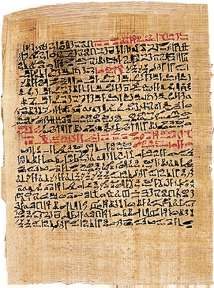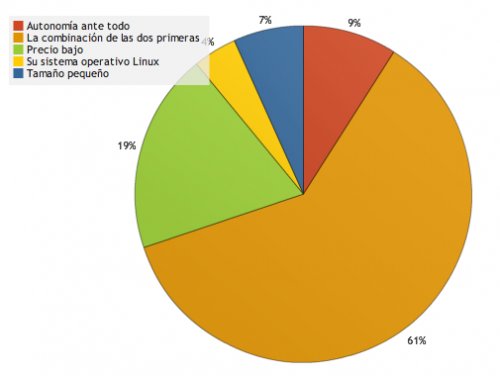 Literature allows us to recreate reality in many ways and even to invent a different reality, with other coordinates. And a fantastic story is, precisely, a work of fiction in which the characters live in an imaginary world, with real and unreal elements and usually with a supernatural dimension.
Literature allows us to recreate reality in many ways and even to invent a different reality, with other coordinates. And a fantastic story is, precisely, a work of fiction in which the characters live in an imaginary world, with real and unreal elements and usually with a supernatural dimension.
The fantasy story is a literary genre that became very popular in the 19th and 20th centuries with world-famous works: The Lord of the Rings, Chronicles of Narnia, Alice in Wonderland or the various novels of Harry Poter. Apart from their indisputable literary quality, they all have something in common: the plot takes place in a fantastic world, where the impossible becomes real. The reader meets imaginary beings, with faculties different from human ones, with impossible laws of nature and, ultimately, with a distorted reality.
The fantastic story in any of its forms has a clear precedent: mythology. Despite the similarities between the two stories, there is a notable difference, since mythology has an explanatory purpose (to describe the origin of the universe or teach men what their behavior should be). Instead, the fantasy story aims to play with the reader's fantasy, entertain him and feed his imagination.
The fantastic story also has a similarity to another genre, science fiction. In both genres there is a different order of reality, but in science fiction the emphasis is on the scientific component and not on the imagination (for example, in Aldous Huxley's Brave New World, humans are subdued by the power of machines, but the rest of the circumstances are totally real).
The fantastic story allows to combine a conventional argument (a character in search of adventure or a love story) within different parameters, the supernatural world, where the possibilities of fiction are endless.
Reasons for the success of the fantastic story
The fantastic story is so popular with some readers that an attempt has been made to offer an explanation for this phenomenon. In this sense, there are those who consider that the discovery of the unconscious in the human mind has played an important role in this literary boom. For others, it obeys a need: flee from the reality that surrounds us and live other worlds (it could be said that it would be a kind of escapism).
The fantastic element of literature has another feature that we should not forget: we all carry a child within us and, in some way, the fantastic story connects with the child's mind, without prejudice or preconceived ideas. If a child tells a story as he lives it, he would surely be telling a fantastic story.









